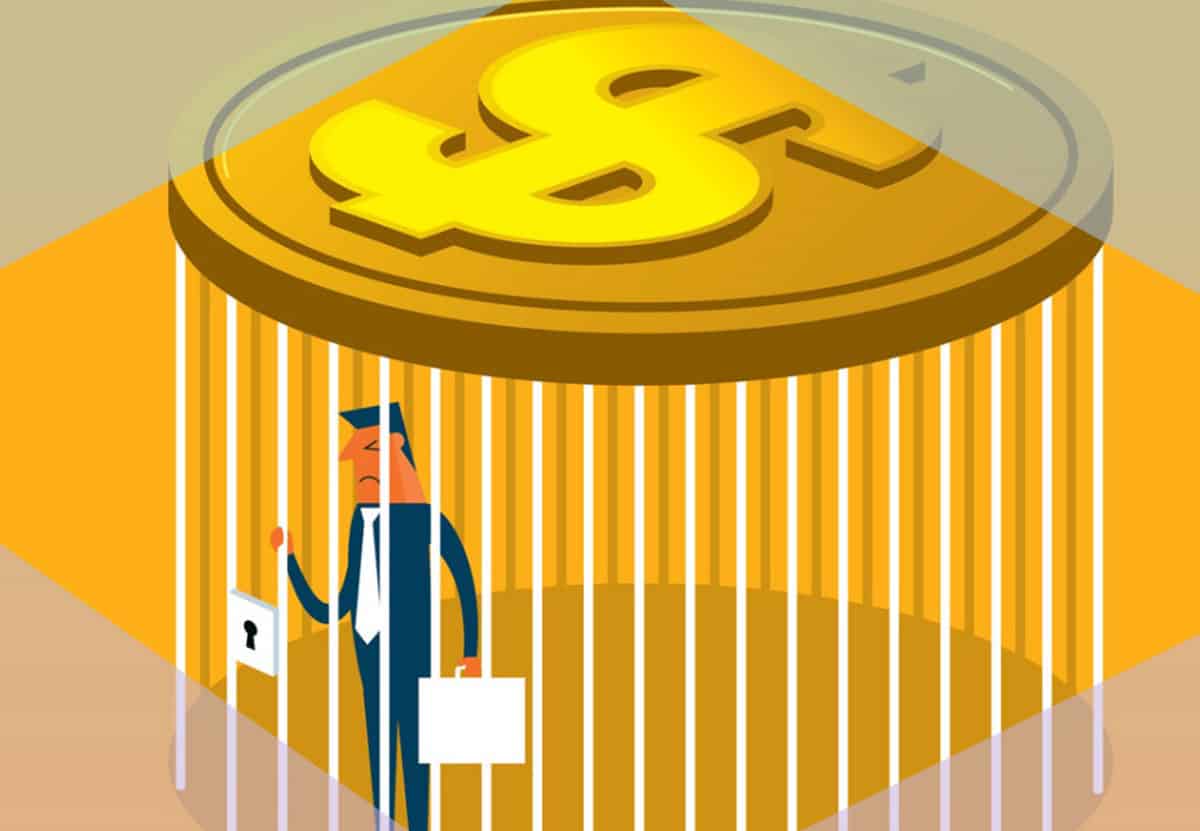Even managed service providers receive scam emails and phone calls.
These serve as a reminder that education on phishing, scareware, and ransomware is an ongoing process, one that even IT experts need to stay sharp on.
But let’s assume you aren’t an IT expert. How can you best determine the validity of these messages and if they have malicious intent?
As with any learning process, practice is important. You may want to start with our phishing quiz. Know where you stand with gut instinct and some important clues.

Whether the attempt is made by email or phone, there is always something just a bit off about a phishing attempt. The phisher may have some accurate personal information—like your name, or the fact that you have Yahoo! email or an AT&T phone account—and see if you’ll take the bait.
It is easy to panic at the threat of suspension or an overdue bill and put aside any unease because of the urgent matter apparently at hand. This is exactly what phishers and scammers hope will happen.
The goal of these calls or emails is to collect even more information about you, fleshing out a profile for future scams, which the phisher can sell to other scammers, or—the jackpot—to collect banking or credit card information and cash in.
Because these phishes do have some truth mixed in, many do fall victim.
False Blackmail
It might sound like an episode of Black Mirror—in fact, the tactics used in this blackmail email are eerily similar to those dramatized in a recent episode of the Netflix series depicting fictional futures—but scammers are now using direct emails as a method to extort information or Bitcoin from unsuspecting users.
About a month ago, Mark Anderson, Principal of Anderson Technologies, received a blackmail email scam. “As you could probably have guessed, your account was hacked, because I sent message you from it,” the scammer began in broken English. They first boasted by showing an unencrypted old password—probably acquired from Yahoo’s 2013 data breach.
The email continued to outline the threat. “Within a period from July 7, 2018 to September 23, 2018, you were infected by the virus we’ve created.” This virus, they suggested, gave them access to “messages, social media accounts, and messengers.” This apparently wasn’t enough intimidation for most scam victims, because the email then amped up the threat.
Users all over the internet report similar threats; the scammer creates a scenario that, if true, would serve as ample motivation to give in to their demands. The scammer says that video of the user was recorded while visiting “adult websites,” and that, unless 700 dollars is transferred to the scammer’s Bitcoin wallet within 48 hours, this footage would be released and they would “show this video to your friends, relatives, and your intimate one…”
So, with a relatively low payout amount, and a previously accurate (but very old) password, how did Anderson know this threat was a scam? He knew what they’d accused him of was false, not to mention he didn’t have a webcam as they’d suggested. But other clues included:
- While the email appeared to be sent from Anderson’s old account, this can be accomplished through spoofing.
- The password they listed was not the current (or even recent) password for that account.
- Broken English isn’t always a giveaway but combined with the generic threat, it seemed like a form letter.
- Googling some of the email text brings up threads of other users exposing the scam. We’ve censored some of the less savory aspects of the original email, but the full text and break down can be read online.
If you receive this email or a similar threat, your first step should be to research the threat online or reach out to an IT expert. Never pay a blackmail, ransom, or other request for money. Instead, update your passwords, run anti-virus and anti-malware scans on affected devices, and consider implementing multi-factor authentication on your accounts in order to bolster your security profile.
Are you looking for an IT expert to help guard your small business from scams like this? Contact Anderson Technologies by phone (314.394.3001) or email (info@andersontech.com) today.




